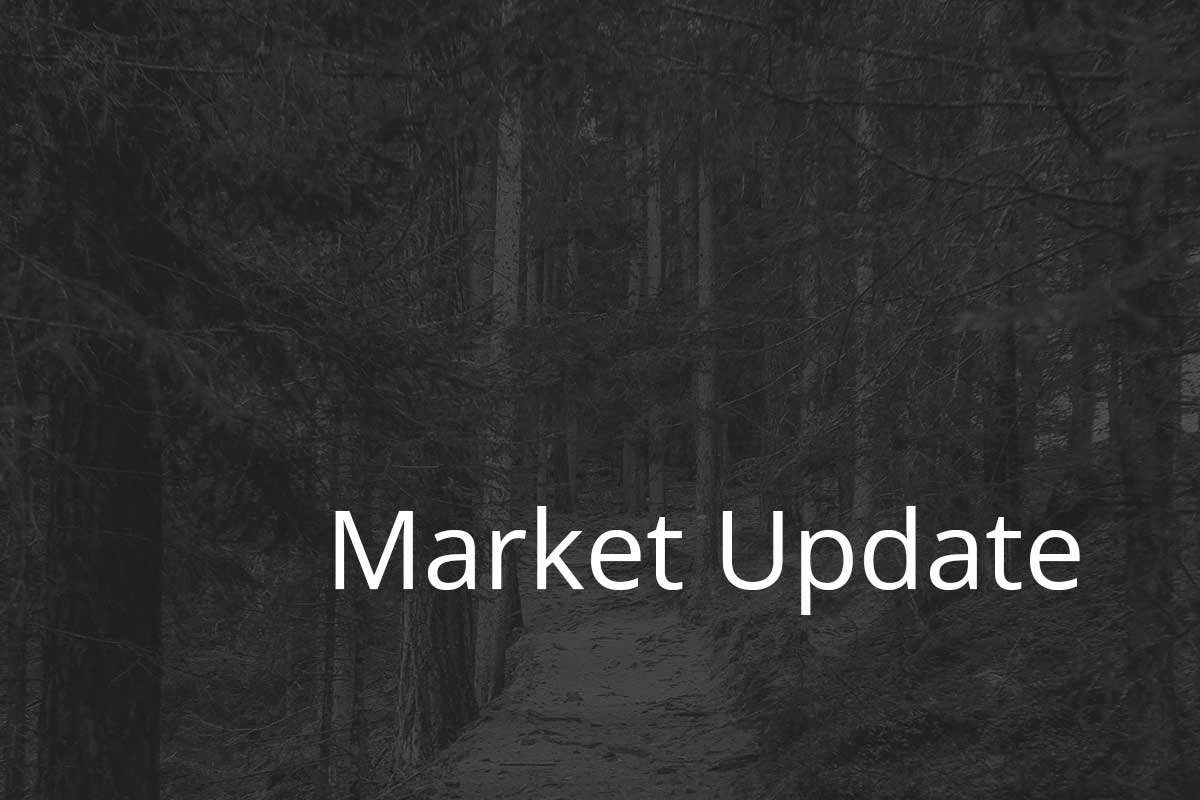
In Q2 2021 the Wilshire 5000 Total Return index gained 8.05%, the All-Country World Index gained 7.11%, and the Barclays Aggregate Bond Index gained 1.77%. YTD they have gained 15.23% / 12.81% / -1.68% respectively. *Data provided by Folio Institutional (1)
This year has continued the solid returns, pushing accounts well ahead of our planning targets. The results of recent outsize returns serve as both a lesson and a cautionary tale. The lesson we should take from the outsized returns is twofold.
First, it is NEVER wise to time the markets or try to make any decisions on macro-economic situations (stimulus, covid, elections, federal reserve actions, etc..). Investing is a long-term game with many ups and downs. Because we do not know the exact timing or exact amplitude of the ups, we must simply stay in the game until we get the rewards.
Second; we must expect a period of undersized returns is much more likely in coming years. When or how this period manifests itself, we have no idea. Spending time guessing about something that requires no action is a fool’s game. A game we will leave to click-bait media and advisors who enjoy chasing their tails. The management action we should take in all environments for portfolio equity allocation is quite simple…own good companies/investments at a fair price for a very long time. Since we will not be changing this philosophy then we will continue to focus all our energy on picking great companies at a fair price. Mr. Market will sort out the long-term returns on its own clock. If we own wonderful businesses long enough then we will get another 5-10 years of return that meet objectives just fine.
Stimulus, Inflation and Quarter Thoughts
Massive amounts of stimulus have been pumped into the economy over the past 12 months. It remains likely that much of this ‘unearned’ money comes out of the economy in some way shape or form. History would lead us to believe that higher taxes, inflation, or lower GDP will exist in the future. In essence, we are taking some of tomorrow’s wealth and funding today’s rewards. It is impossible to know how much or exactly how this plays out. The variables and possible outcomes are endless.
What we do know is that Americans are spending a CRAP TON of money right now. Yes, that is my very technical term for what we are watching unfold. Before I share any details, let’s simply start with the commonsense reason for WHY. The pent-up demand from being stuck at home for 12 months combined with excess stimulus and excess savings has created a windfall for spending. You Only Live Once (YOLO) has certainly been embraced over the past months as people resume more normal activities. The amount of pent-up vacation demand, big purchase demands, among others has created a mirror to the roaring ’20s of the past. In a similar fashion to when Americans emerged from the Spanish flu in 1920, we are seeing all the makings of consumerism unleashed!
Some data summarized from one of our research reports (The Science of Hitting);
Here are a few notable examples. In Q2 2021, point of sale (POS) credit card volumes for Wells Fargo customers totaled $25.5 billion – an increase of 25% versus Q2 2019 (before the pandemic). In the auto business, an area where Wells Fargo has moved somewhat cautiously in the past few years, originations in the current quarter were $8.3 billion – up 32% compared to Q2 2019 (and up nearly 2x from the $4.4 billion reported in Q2 2018).
At the same time, spending is increasing, we are seeing bank deposits increase at a very fast rate…meaning this is currently somewhat sustainable and not being credit card induced. Using Wells Fargo again as a proxy for this argument.
Consumer Banking average deposits increased 17% YoY at Wells Fargo, to $836 billion – and after accounting for an 8% decrease in the number of branches over the same period, total deposits per branch increased by ~27% YoY to $295 million.
This data is amazing and certainly not unexpected given the level of stimulus and pent-up demand we have seen. It supports the reason markets have rallied so strongly from the Covid lows. Markets always are pricing in the long-term cash flows of companies AND this level of consumerism has helped many companies to fully recover from Covid.
This data also supports why equity investing is such a critical part of planning. If the stimulus leads to eventual inflation, getting the large rewards of equity investing over the past 12 months will prove critical to maintaining purchasing power. You are getting outsized returns to compensate for the future price to be paid from all the added stimulus.
So what does this mean?
This is another example of the insanity of any investment approach that attempts to make investment decisions on forecasting and/or macroeconomic factors. Our clients have been well served from ignoring the noise and focusing on owning wonderful companies and investments that will be around for many years to come. In many ways investing is like an ocean. We simply aim to own companies (swimmers) that can navigate the tricky waters regardless of the direction of the tide. Since we have no control over the tide itself and have little ability to predict how the tide will move, we prefer to focus on companies that are essentially great swimmers.
Charlie Munger (Warren Buffet’s longtime partner and one of the greatest investors of all time) said the following at the 2015 Berkshire Hathaway shareholder meeting:
“We have made very little progress in life by trying to outguess these macroeconomic factors. We’ve basically abdicated [from that game]. We’re just swimming all the time, and we let the tide take care of itself.”
We fully agree with Charlie and his 96 years of wisdom. Before making any investment we always acknowledge what is within and out of our control. What we can analyze and what remains blind to us. The tide of future macro conditions is a variable that is blind to us for the most part. But a company business model and human capital that is designed to withstand many different conditions are more easily identifiable. Those are the companies we aim to own regardless of the future tides.
Many investors will not be comfortable with this answer. We all desire some sense of control. But the great investors can realize and underwrite only those things with which we hold higher control while ignoring things outside our control. We are certainly capable of waxing poetically about how rates are likely to move based on the FED dot plot over the next 18 months and therefore certain sectors hold a slight statistical advantage for outperformance. However, this thinking and desire for predictability within an unpredictable market is excessively short-sighted and leads to many foolish decisions. Thankfully, much of the industry is built upon this foolish deception. This gives us another long-term edge in meeting and exceeding client objectives. While much of the world attempts to time the movement of the tides…we have a serious advantage to not waste our time and rather spend it all trying to find the world’s best swimmers. And when the tide finally does go out…and it will from time to time….we simply make sure our swimmers can handle it and are not caught naked!
“Only when the tide goes out do you discover who has been swimming naked” – Warren Buffet
With this thought, we march forward to combine our research and experience to keep meeting your goals. It is a tremendous honor to help steward your assets and retirement journey during this time. Thank you for your trust!
(1) Data reported by Folio Institutional. (2) Data reported by Y-Charts Data, www.ycharts.com.
Index results such as the Wilshire 5000 and S&P 500 do not reflect management fees and expenses and you cannot typically invest in an index.
Evergreen Wealth Management, LLC is a registered investment adviser. Information presented is for educational purposes only and does not intend to make an offer or solicitation for the sale or purchase of any specific securities, investments, or investment strategies. Investments involve risk and unless otherwise stated, are not guaranteed. Be sure to first consult with a qualified financial adviser and/or tax professional before implementing any strategy discussed herein. Past performance is not indicative of future performance.
